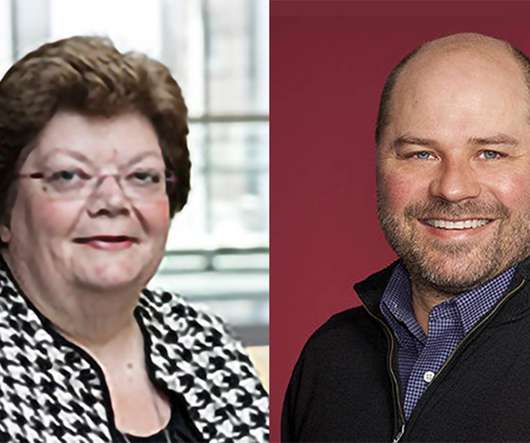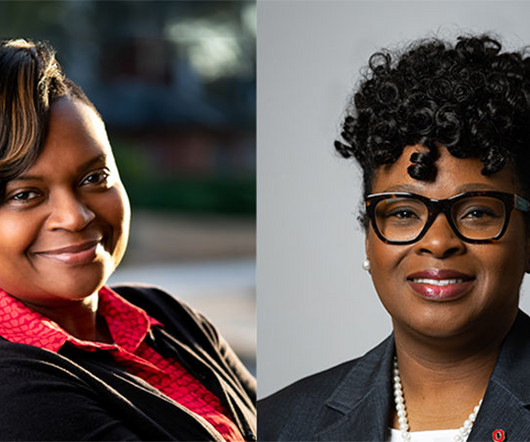Rethinking Opioid Conversions: Mary Lynn McPherson and Drew Rosielle
GeriPal
MAY 19, 2022
You take their age, their gender, you take their chronic conditions. Really because of the structure and the nature of equianalgesic tables, similar information with simpler math, can easily be presented to our colleagues. And then again, individualizing it to the patient. You take somebody’s has disability.















Let's personalize your content